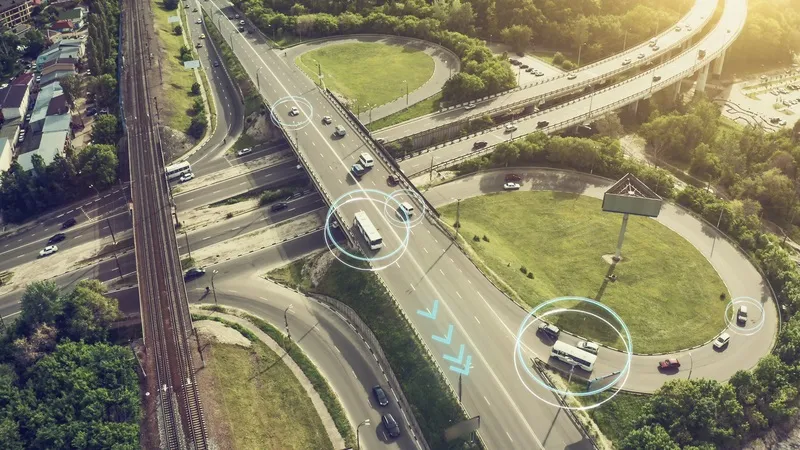The USDOT has released a new plan for ITS research and priorities for the second half of the decade. The new ITS Strategic Plan 2015-2019 outlines the direction and goals of the Department’s ITS Program and provides a framework around which the ITS Joint Program Office and other Department agencies will conduct research, development, and adoption activities to achieve them.
The ITS Strategic Plan’s framework is built around two key ITS Program priorities, realising connected vehicle implementation and a
December 16, 2014
Read time: 2 mins
The USDOT has released a new plan for ITS research and priorities for the second half of the decade. The new ITS Strategic Plan 2015-2019 outlines the direction and goals of the Department’s ITS Program and provides a framework around which the ITS Joint Program Office and other Department agencies will conduct research, development, and adoption activities to achieve them.
The ITS Strategic Plan’s framework is built around two key ITS Program priorities, realising connected vehicle implementation and advancing automation.
Realising connected vehicle implementation builds on the substantial progress made in recent years around design, testing, and planning for deployment of connected vehicles across the nation.
Advancing automation shapes the ITS Program around the research, development, and adoption of automation-related technologies as they emerge.
The priorities reflect stakeholder feedback on the need for the ITS Program not only to conduct research, but also to help with deployment and implementation of specific technologies related to connected vehicles and automation. The priorities indicate where the bulk of transportation research and innovation is heading. They are not exclusive of other technologies or research areas.
In addition, the ITS Strategic Plan includes program categories to provide the necessary structure for research, development, and adoption of ITS technologies. These include: Connected vehicles; Automation; Emerging capabilities; Enterprise data; Interoperability; and Accelerating deployment.
The ITS Strategic Plan was developed with significant stakeholder input from all relevant parties, both within and external to the Department. Close collaboration with all surface transportation modes (highways, rail, transit, motor carriers) and other agencies within the USDOT, such as the834 National Highway Traffic Safety Administration, helped shape the direction of the plan.
The ITS Strategic Plan’s framework is built around two key ITS Program priorities, realising connected vehicle implementation and advancing automation.
Realising connected vehicle implementation builds on the substantial progress made in recent years around design, testing, and planning for deployment of connected vehicles across the nation.
Advancing automation shapes the ITS Program around the research, development, and adoption of automation-related technologies as they emerge.
The priorities reflect stakeholder feedback on the need for the ITS Program not only to conduct research, but also to help with deployment and implementation of specific technologies related to connected vehicles and automation. The priorities indicate where the bulk of transportation research and innovation is heading. They are not exclusive of other technologies or research areas.
In addition, the ITS Strategic Plan includes program categories to provide the necessary structure for research, development, and adoption of ITS technologies. These include: Connected vehicles; Automation; Emerging capabilities; Enterprise data; Interoperability; and Accelerating deployment.
The ITS Strategic Plan was developed with significant stakeholder input from all relevant parties, both within and external to the Department. Close collaboration with all surface transportation modes (highways, rail, transit, motor carriers) and other agencies within the USDOT, such as the










